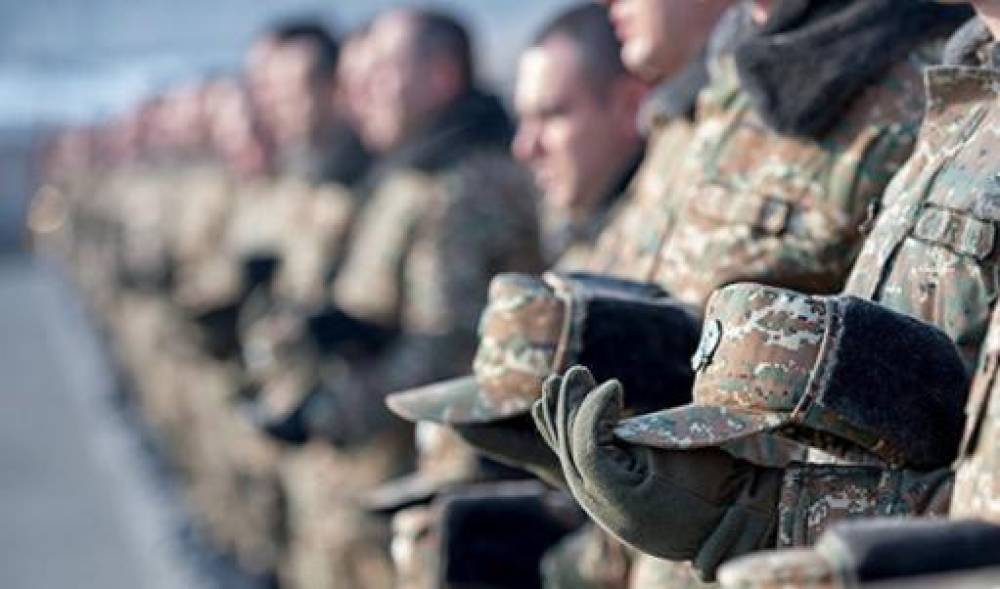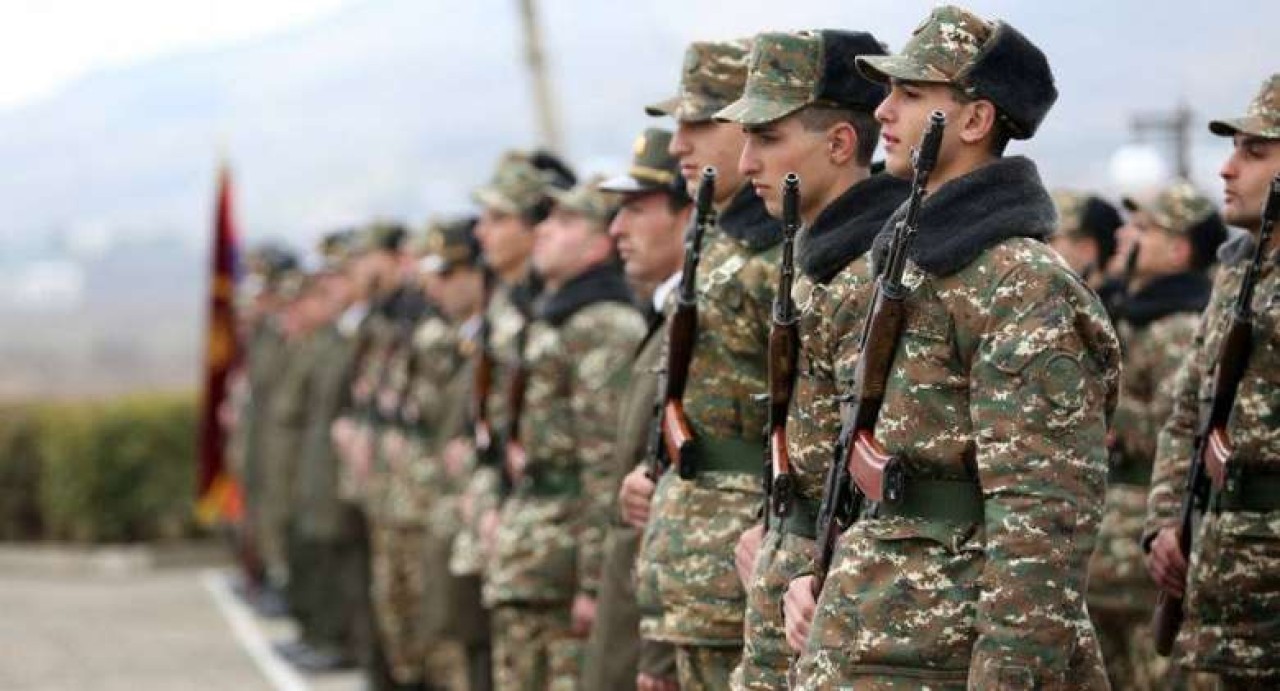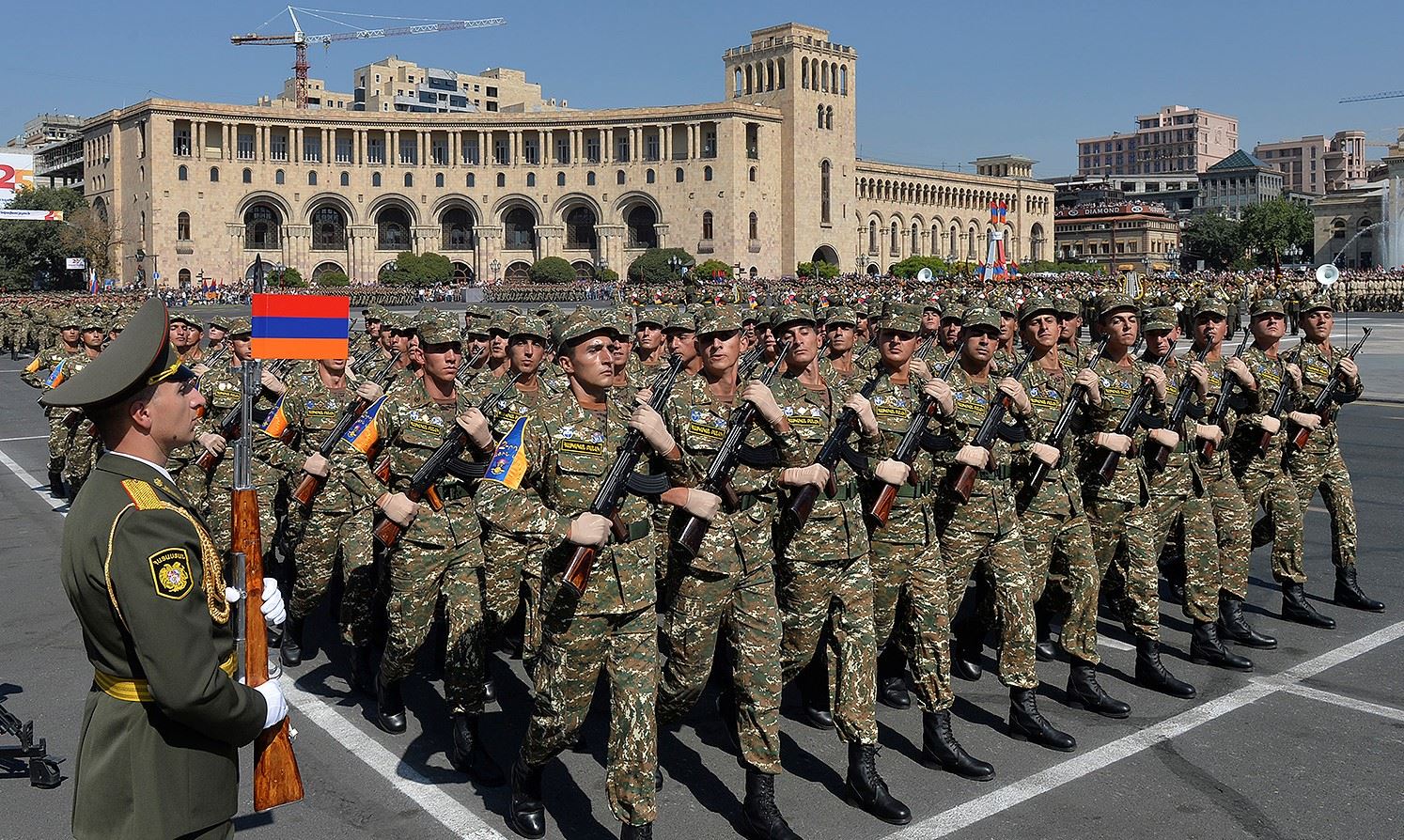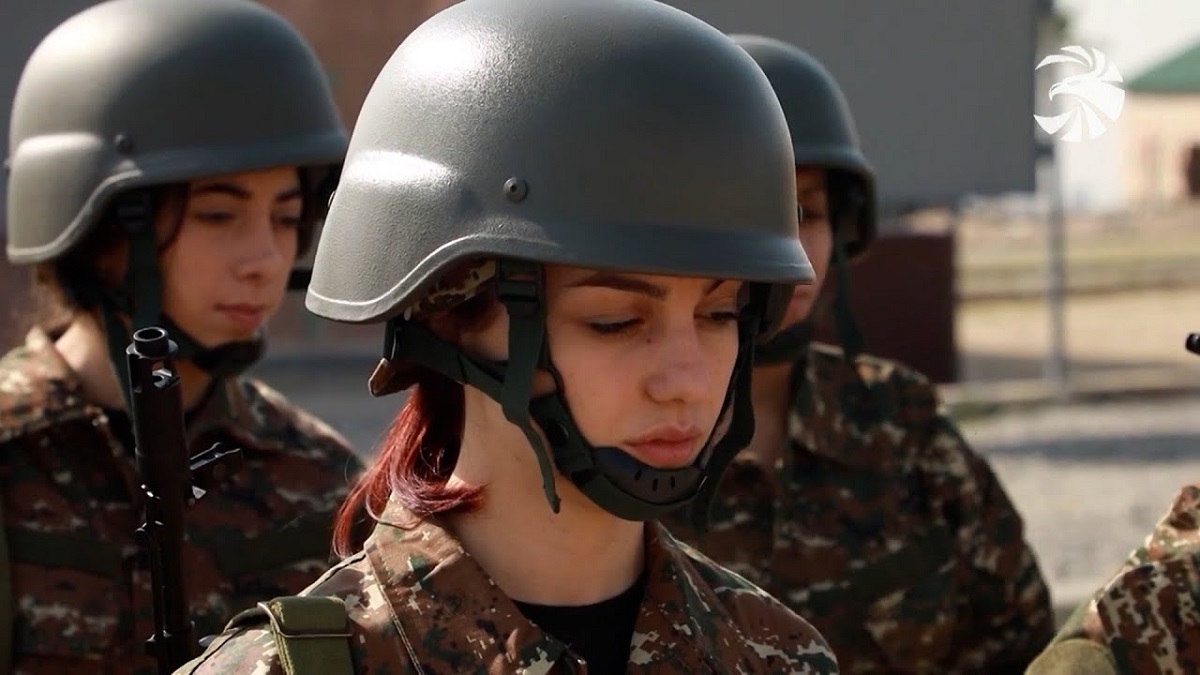Armenian parliament rejects bill to shorten military service in exchange for payment to state budget
Bill to shorten military service in Armenia
The Armenian parliament has rejected a draft law that would have allowed conscripts to pay the state budget in exchange for a shorter term of military service. The proposal came from ruling party MP Hayk Sargsyan, who suggested that young men could pay 20 million drams (nearly $52,000) and serve only one month instead of the standard two years.
MPs from both the opposition and the ruling party voted against including the bill in the session’s agenda.
Hayk Konjoryan, head of the ruling Civil Contract faction, said the bill did outline possible solutions that “align with the government’s goals for army reform.” However, he added that certain provisions and wording made it impossible to adopt at this stage.
The legislative initiative sparked widespread debate in Armenia. Both the Human Rights Defender and civil society representatives criticised the proposal, arguing that it could “further deepen social polarisation.”
Sargsyan, however, countered that inequality already exists — and that the bill would actually help “combat the practice of buying exemptions from military service.”
- “Baku must not be allowed to exploit Iran–Israel escalation”: Yerevan’s position
- “Yerevan’s proposals on unblocking dispel Baku’s concerns,” Armenian officials believe
- “Erdogan’s statement points to a deal between Turkey and Russia” – opinion from Yerevan
What the bill proposes: details of the initiative
MP Hayk Sargsyan proposed giving Armenian citizens over the age of 18 the following options for fulfilling their mandatory military service:
- 24 months of service with a high level of financial support from the state,
- 6 months of service in exchange for a payment of 15 million drams (around $39,000) to the state budget,
- 1 month of service with a payment of 20 million drams (approximately $52,000).
He also proposed raising the upper age limit for compulsory military service from the current 27 to 37 years.
In addition, the bill suggested introducing a base fee of 15 million drams ($39,000) for males under the age of 18 if they chose to renounce Armenian citizenship.
Bill’s author votes against his own initiative
Hayk Sargsyan voted against his own draft bill. Here’s how he explained his decision:
“Following the Prime Minister’s instructions, I will continue working with our colleagues to implement reforms as soon as possible and to achieve the goals set out by the Prime Minister and included in the government’s programme.”
Yet only the night before, he confidently stated that the proposal would be added to the agenda without delay.
“We must pursue institutional reforms, take decisive action, and minimise the potential for abuse. The majority supports the bill.”
The government approved the bill, authored by Sargsyan, on 22 May — which may explain his earlier confidence in majority support.
“Bill would undermine human rights protection in the armed forces”
More than a dozen NGOs opposed the bill, agreeing that paying for shorter service would hinder efforts to safeguard human rights in the army.
“The provisions proposed in the bill contradict the principles of universal equality before the law and the prohibition of discrimination, as set out in the Constitution of the Republic of Armenia,” civil society representatives stated.
In their joint statement, they stressed that fulfilling a constitutional duty — national defence and military service — should not depend on one’s social or financial status. If passed, the bill would undermine the perception of national defence as a collective responsibility and instead frame it as a burden carried only by the less privileged.
The NGOs urged the government to focus on reducing corruption risks within the armed forces rather than on “legalising existing corruption and deepening social injustice.”
Human rights defender also opposes the bill
Human Rights Defender Anahit Manasyan believes that letting wealthy citizens shorten their service could deepen social stratification:
“From the standpoint of social justice, this approach cannot be considered acceptable. Military personnel must not be subjected to discrimination on any grounds relating to human rights and freedoms.”
She noted that protecting human rights in the army is difficult without strict discipline. According to Manasyan, the draft bill poses serious risks in terms of maintaining order and discipline. In this context, she addressed the following questions to the bill’s author:
“Were the risks assessed regarding how strict and consistent discipline would be maintained among service members, some of whom would be granted privileges simply for paying and serving a shorter term than others? Could this not lead to internal tensions, conflicts, and a deepening of informal power structures within the military?”
Bill to shorten military service in Armenia






















